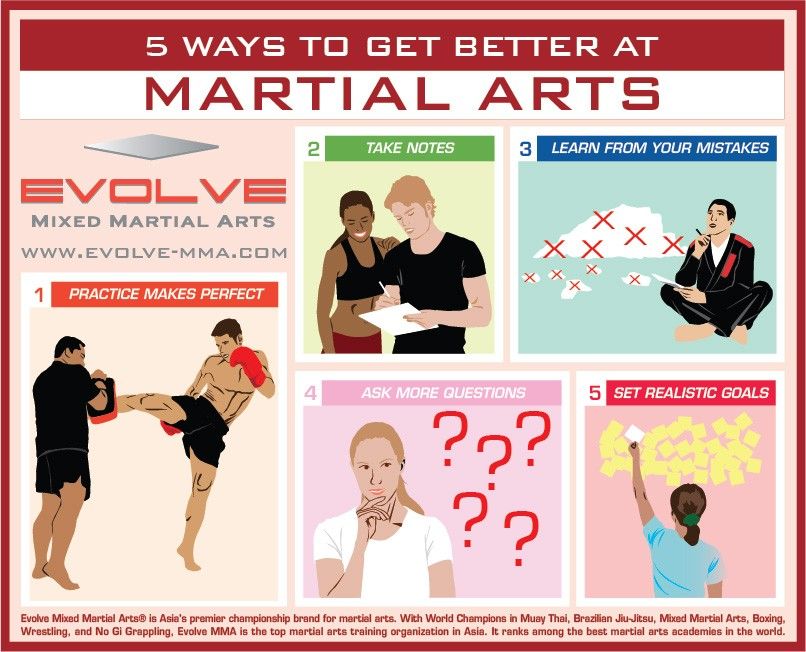Martial arts have a remarkable background that spans centuries and continents. You could discover it fascinating how old practices like Shuai Jiao and Kalaripayattu laid the groundwork for contemporary combat methods. These techniques not only stress physical abilities but also show the societies that birthed them. As you discover their advancement, think about just how globalization has actually changed these conventional kinds right into crossbreed styles. What impacts do you think have formed today's martial arts landscape?
Ancient Martial arts: The Structures of Fight
As you delve into the globe of ancient martial arts, you'll uncover the rich structures that shaped combat techniques throughout cultures. Early methods concentrated on Self-Defense and survival, often incorporating strikes, grappling, and weapons.
In old China, for example, techniques like Shuai Jiao highlighted tosses and joint locks, while India's Kalaripayattu showcased agility and liquid activity. Japanese samurai developed Kenjutsu, a polished swordsmanship that highlighted technique and method.
These martial arts offered not just for battle but additionally as a means of personal advancement, instilling values like regard and perseverance. discover this info here blending of these techniques in time prepared for the diverse martial arts you see today, each mirroring the distinct approaches and needs of its culture.
The Cultural Influence on Martial Arts Advancement
While martial arts often show the useful requirements of a culture, they additionally personify the cultural worths and beliefs of their origins. When you explore various martial arts, you'll observe exactly how they're influenced by religious beliefs, philosophy, and social standards.
As supplemental resources , the focus on regard and technique in Japanese martial arts originates from Zen Buddhism and samurai society. In contrast, Brazilian Jiu-Jitsu advertises versatility and technique, shaped by the requirement for efficiency in a diverse, multicultural atmosphere.
You might locate that the rituals, uniforms, and training approaches mirror an area's history and identification. By understanding these cultural influences, you strengthen your gratitude of martial arts and their duty fit human experiences across the globe.
Modern Adaptations and the Globalization of Martial arts
Martial arts have transformed substantially in recent years, adapting to contemporary culture and global impacts. You'll discover that conventional kinds have mixed with modern-day methods, producing hybrid styles like MMA. These adaptations accommodate diverse target markets, making martial arts obtainable and enticing worldwide.
With the surge of social media and electronic systems, you can discover tutorials and competitions from all edges of the globe, damaging geographical obstacles. This globalization has actually caused a shared recognition for different techniques, from Brazilian Jiu-Jitsu to Taekwondo.
As you engage with these arts, you'll realize they're not practically battle; they promote health and fitness, self-control, and mental wellness.
Inevitably, contemporary adaptations have actually enriched the martial arts landscape, making it a vibrant and progressing practice.
Conclusion
In checking out the history and development of martial arts, you reveal a fascinating blend of techniques, societies, and viewpoints. From ancient disciplines like Shuai Jiao and Kalaripayattu to the modern-day flexibility seen in MMA, martial arts show mankind's pursuit for Self-Defense and individual growth. As you engage with these methods, you not only obtain abilities however likewise a deeper admiration for the varied traditions that shape our globe today. So, proceed your journey and accept the art of combat!
